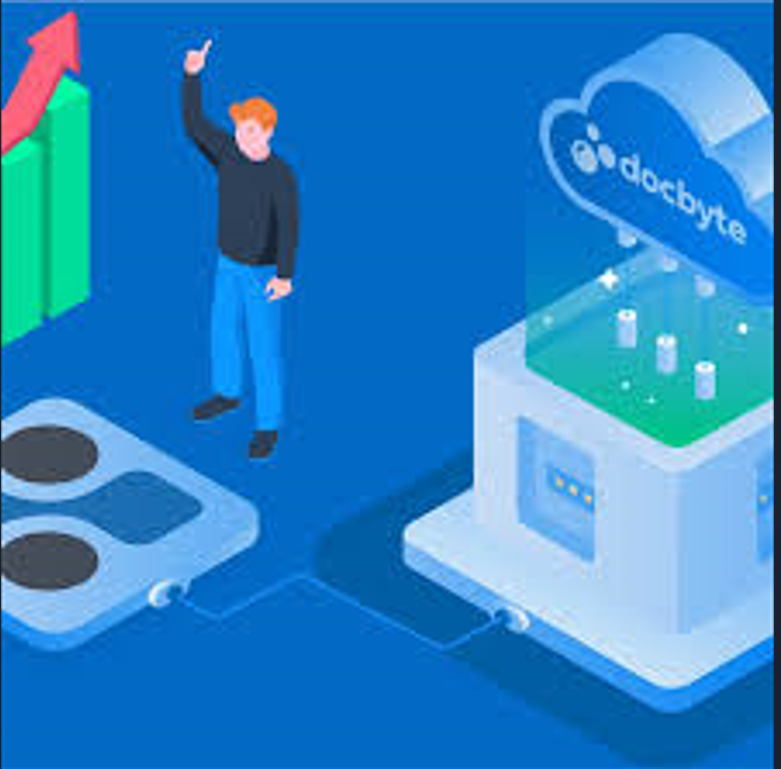
In a world increasingly driven by data, our personal lives are also becoming part of the digital fabric. From family photos and voice notes to important documents and creative work, our memories now live across devices and cloud services. But how safe are they really? What happens if a platform disappears, a phone crashes, or an account is hacked?
This is where personal digital archiving takes on quiet importance—not just for convenience, but for long-term protection and emotional security.
Why Memory Preservation Is No Longer Physical
Not long ago, we stored our memories in photo albums, handwritten journals, or shoeboxes full of letters. These were tangible, imperfect, and vulnerable to physical damage—but they felt permanent.
Today, much of what matters most exists in a digital-only form. A family holiday exists in a folder on a cloud drive. A heartfelt message lives inside a messaging app. A scanned signature, a voice note, a resume — these are now pieces of our lives scattered across platforms. Yet they don’t always get the care they deserve.
Preserving them isn’t about being overly organized — it’s about ensuring they last.
The Risk of Ignoring Your Digital Life
Many assume that if something’s on a device or backed up online, it’s secure. But digital content has its own risks:
- File formats become outdated.
- Devices can fail suddenly.
- Services can shut down without warning.
- Passwords can be lost, and access denied.
- Accidental deletion is one click away.
These aren’t rare occurrences—they’re everyday realities. Without a plan to manage personal data, valuable memories can silently disappear.
Archiving Is About More Than Storage
Personal digital archiving isn’t simply backing up your files. It’s about intentionality. It means deciding what matters and ensuring it can be accessed and understood in the future—whether by you, your family, or even future generations.
That includes:
- Choosing reliable storage methods
- Avoiding dependency on single platforms
- Keeping copies of emotionally or historically significant data
- Documenting context where needed (dates, people, places)
Think of it as building a personal memory library — organized enough to revisit, secure enough to last.
Understanding What’s Worth Saving
Digital clutter is real. But not everything has long-term value. Archiving requires some reflection — not just on what to keep, but on why.
A photo from a meaningful event. A conversation that shaped a relationship. A scan of your child’s first drawing. These are more than files — they’re parts of your story. Protecting them isn’t sentimental. It’s responsible.
The Role of Platforms and Ownership
Many people trust cloud services for storage. And while they are helpful, they are not immune to policy changes, outages, or breaches. Archiving goes a step further. It ensures that you own your memories, not just rent space to store them.
Consider maintaining local copies of key content. Or using open formats that don’t depend on specific software to read. These small choices help protect your data from obsolescence or inaccessibility.
How Personal Archiving Brings Peace of Mind
There’s comfort in knowing your memories aren’t floating around without protection. Archiving brings structure to something that often feels scattered. It reduces digital anxiety, creates a sense of control, and offers peace of mind that the things that matter to you won’t vanish with a software update or a misplaced password.
A Modern Way to Preserve What’s Personal
Technology is constantly evolving. Devices change, platforms rise and fall, and digital norms shift. In that flow, personal archiving acts like an anchor — keeping the most important parts of your digital life safe and accessible, no matter what happens next.
Whether it’s a voice memo from a loved one, an old design portfolio, or documents tied to life events, these digital footprints are worth the effort to preserve.
Conclusion:
In the end, archiving isn’t just about files — it’s about memory, meaning, and identity. Taking the time to protect what matters ensures that the story of your life doesn’t get lost in the noise of data.
Personal digital archiving gives you the power to care for your memories now — so that one day, they’re still here when you need them most.






